6. Looper (Rian Johnson, 2012)
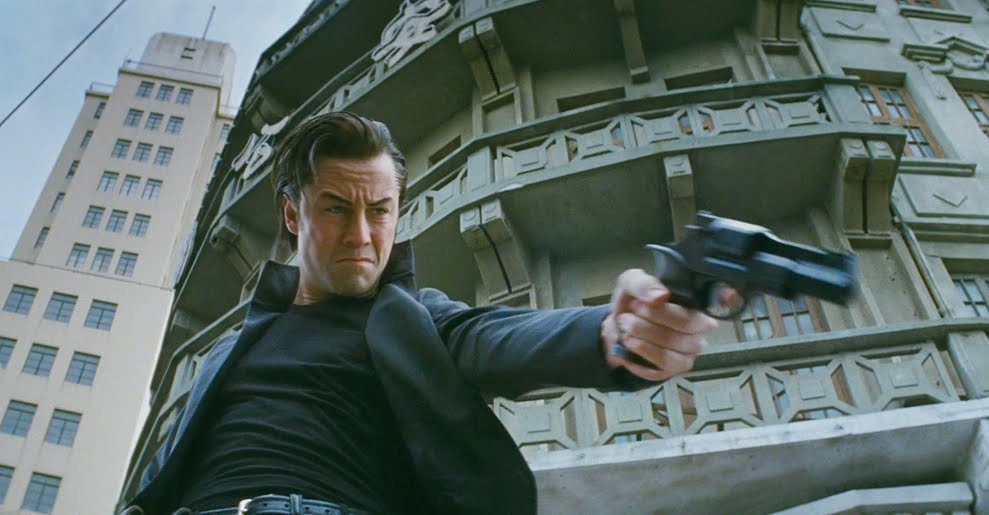
Looper is a super-sleek, uber-cool and gritty time-travel tale packed-full of great action, performances and some truly inspiring world building.
In a world where people with psychic abilities exist and men are sent back from the future to be murdered (getting away with murder is nigh on impossible in the future), we follow Joe (Joseph Gordon-Levitt), a hired gun who disposes of people sent back in time by the Mafia. Joe knows that one day he’ll have to close his own “loop”, whereby he’ll have to kill his future self (Bruce Willis) who is sent back from the future after retirement. However, things go awry when his future self, determined to kill a future super-powered dictator who is at present a small adorable child, evades his younger self’s assassination attempt.
The film combines gritty realism with some smart time-travel logic to create a unique science fiction epic. Joe’s mission reflects K’s in Blade Runner 2049 – both men are trying to do their job but the motives of their superiors, and, to a certain degree, themselves, are brought into question.
If you’re looking for a bad-ass science fiction tale post-Blade Runner 2049, then look no further than Looper.
7. Gattaca (Andrew Niccol, 1997)
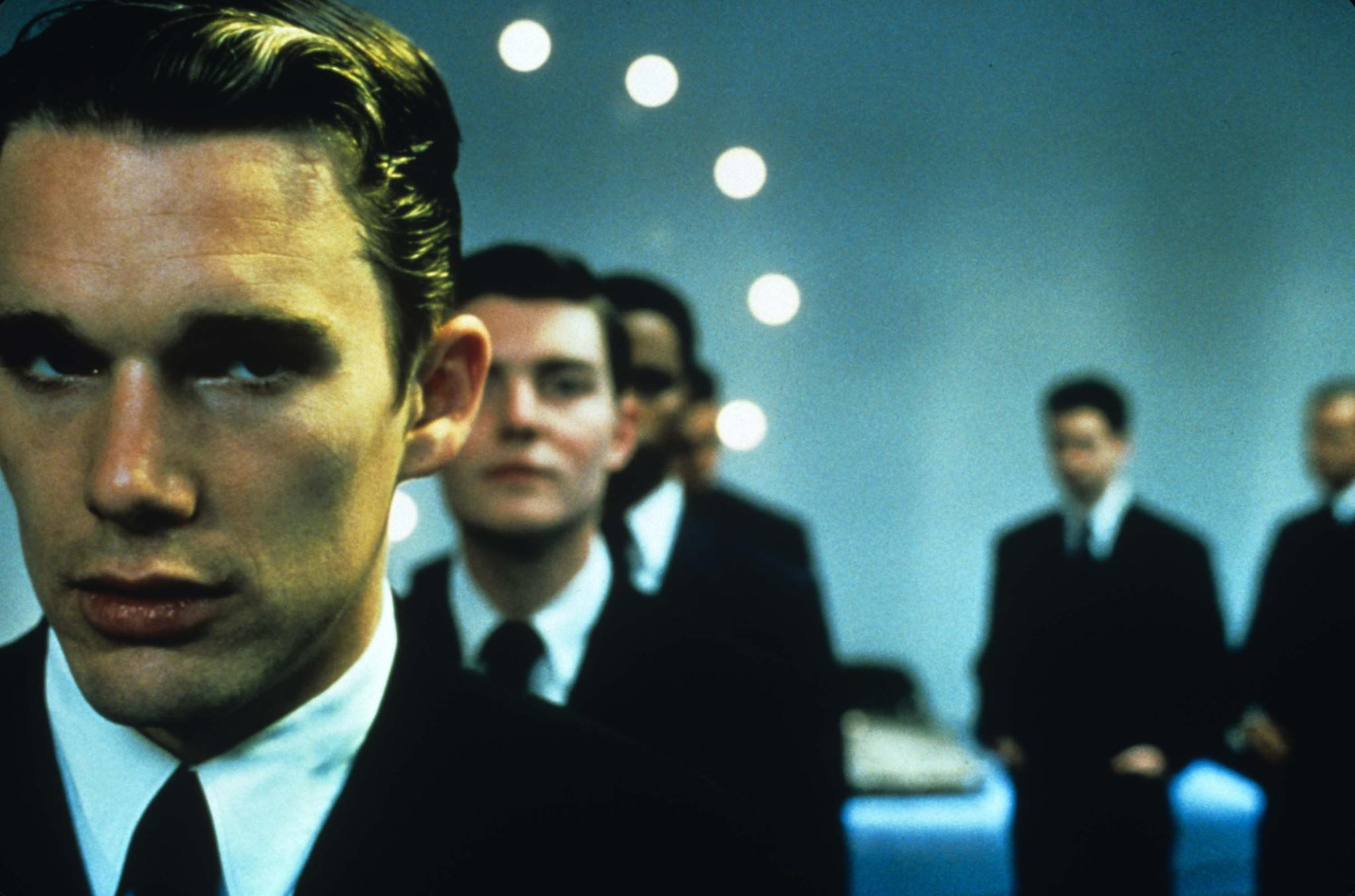
Gattaca tells the story of Vincent (Ethan Hawke), a man who lives in a future where children are genetically created, as opposed to biologically produced, to ensure that they inherit the best genetic traits of their parents. Vincent was conceived naturally and subsequently faces great discrimination from those who are considered genetically superior to him. His inferior genetic make-up means he is forced to live a life working as a cleaner whilst his dream of going to space – a right reserved only for the genetically superior – seems impossible.
One day he is approached by a genetically superior man, who has been paralyzed in a car accident, offering Vincent donations from his own genetic make-up. Vincent accepts and begins to experience the luxuries afforded to the genetically perfect forcing him to hide his real identity at all costs.
The film deals with themes of segregation, discrimination and, like Blade Runner 2049, the burden of being average in the face of something special.
8. Strange Days (Kathryn Bigelow, 1995)
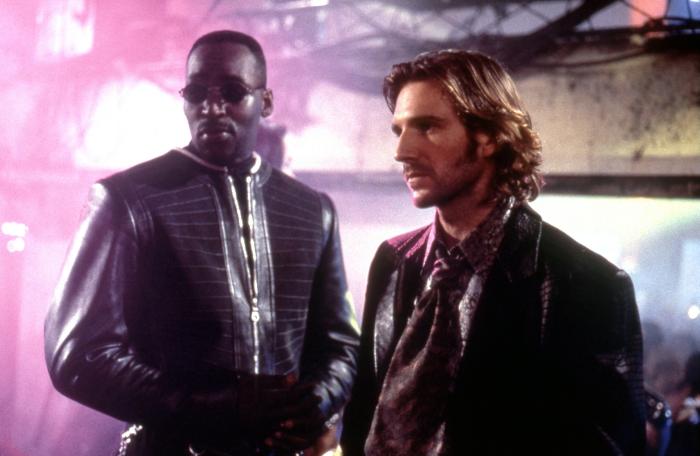
The kind of neo-noir frequent in the 1990s, Strange Days is a captivating take on society and our addiction to technology. With an incredible cast (Ralph Fiennes, Angela Bassett and Juliette Lewis), a truly remarkable director and a moody noir aesthetic, the film encapsulates all that is great about genre hybridity.
Set in 1999 (a few years after the film was released) in a crime-infested LA, Strange Days follows Lenny (Fiennes) a dealer in illegal SQUID recordings – playable memories and experiences. Want to see what it’s like to sleep with a supermodel? Done. Want to feel the wind on your face as you drive 200 mph in a Ferrari Enzo? Done. The SQUID discs act as the newest brand of drug in a world riddled with corruption and technological advancement.
Like Blade Runner 2049, Strange Days is a film fascinated by memories and how they can shape our identity and help us cling to moments, which may otherwise be lost in time… like tears in rain.
9. Solaris (Andrei Tarkovsky, 1972)
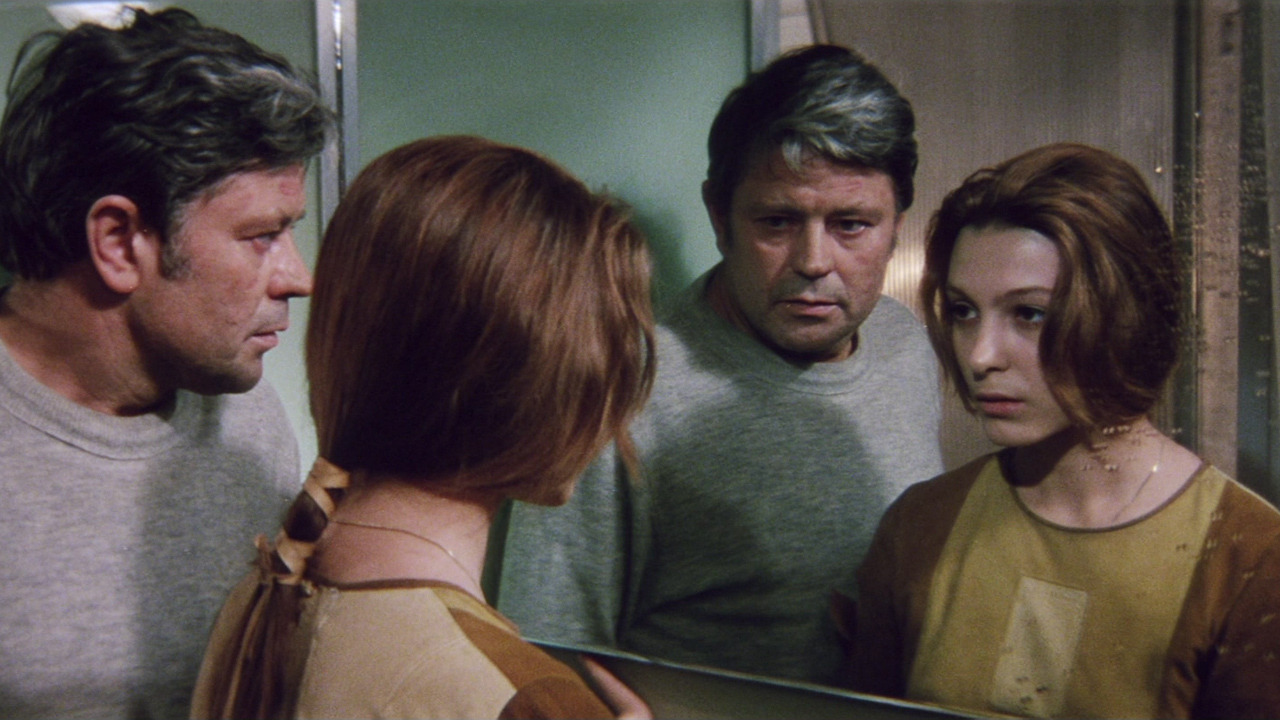
An absolute staple of the science fiction canon, Solaris is Andrei Tarkovsky’s epic Soviet tome about what it is to love and grieve and, more so, what it is to be human.
The film follows psychologist Kris Kelvin (Donatas Banionis) as he travels to a space station where the crewmembers have mysteriously begun to experience emotional breakdowns. When he begins to see and interact with a manifestation of his dead wife, Kelvin suspects something supernatural may be at play.
The film demonstrates just how well the science fiction genre can be complimented by philosophical pondering; it delves deep into the human psyche, studying it through the language of science fiction. Tarkovsky’s film experiments with how our subconscious might manifest itself and how it can contest our reality.
The film helped popularize a tradition that Blade Runner 2049 continues: the idea of engaging with the human condition and using genre film as an allegorical demonstration of certain philosophical concepts focused on society and its practices.
10. Arrival (Denis Villeneuve, 2016)
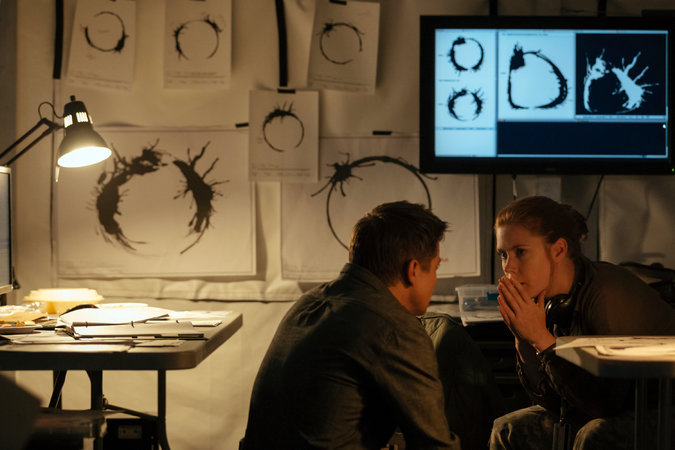
Finally, it is absolutely essential if you enjoyed all the science fiction magic and smarts that Blade Runner 2049 had to offer that you watch the director’s first foray into the genre, Arrival.
Arrival was released in 2016 to overwhelming critical acclaim. The film depicts the first contact between alien life forms and the human-race in way that has never been seen on screen before. Using realistic theories around communication and linguistics, Arrival imagines what would happen if alien vessels appeared on Earth in our very real world.
Amy Adams plays linguistics expert Louise, who is recruited to establish contact with the aliens, decode their language and discover their intentions on Earth.
As you might expect, the film is layered with brilliant performances, realistic science, dazzling imagery and a plot that packs a brilliant twist and plenty of heartbreak. Sound familiar? Yes, it is easy to see why the brilliant French-Canadian was hired to helm the somewhat daunting task of bringing a science fiction classic into the 21st century. No surprise then that Blade Runner 2049 was such a hit.
Author Bio: A movie lover from England with a passion for writing about cinema. Luke’s movie watching career has taken him from watching Jackie Chan movies on school nights to graduating with a masters degree in film studies.